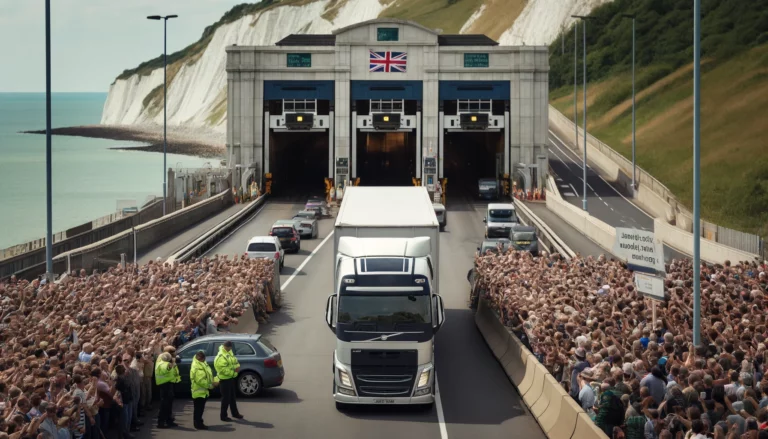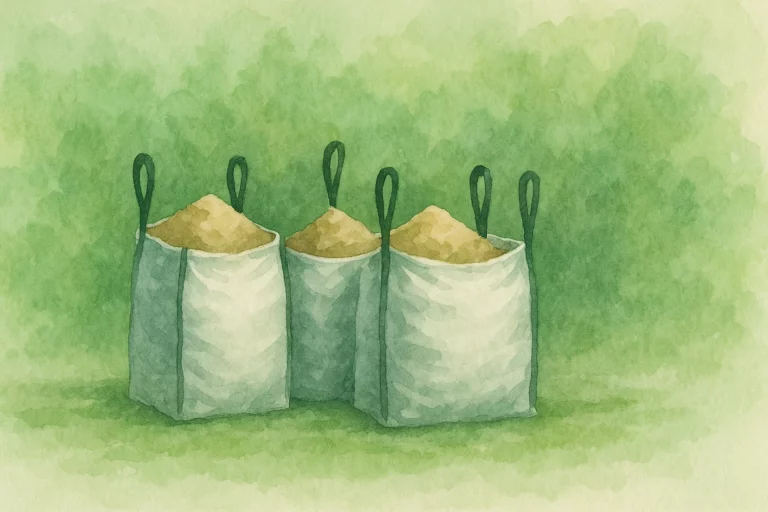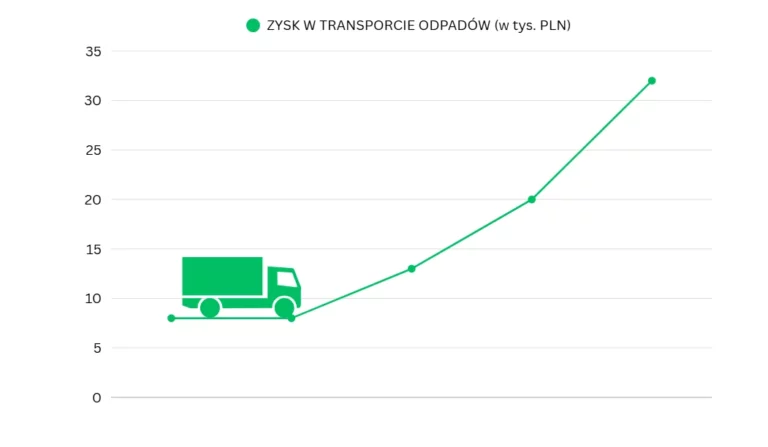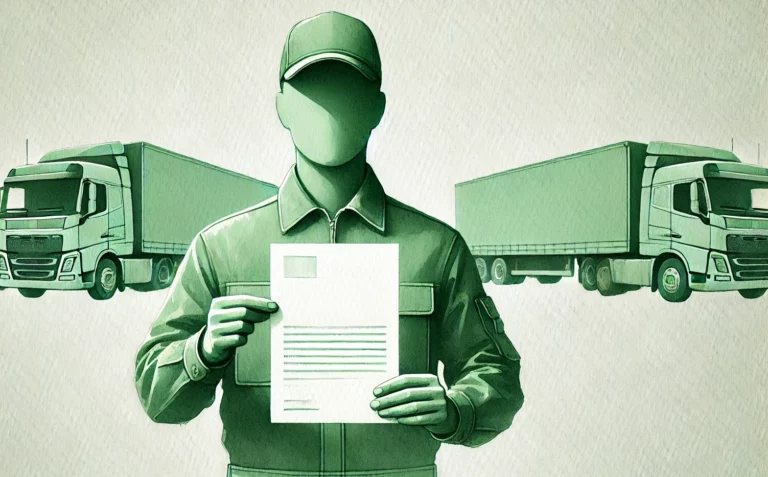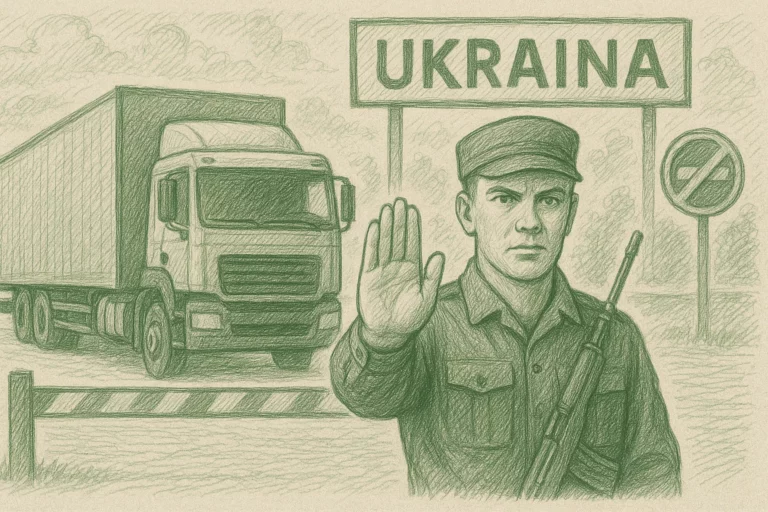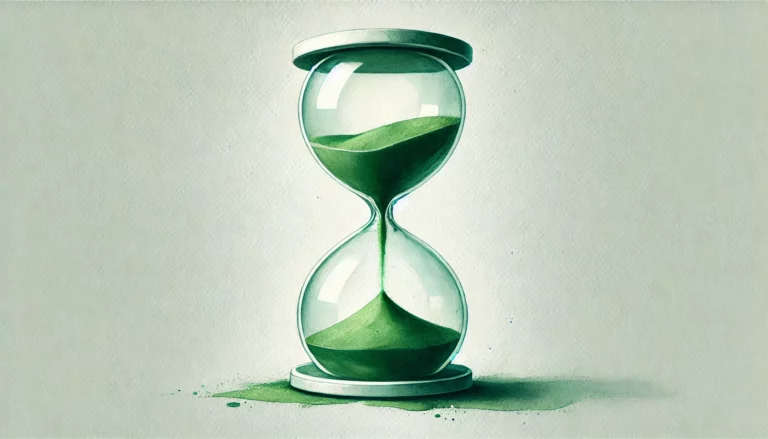International waste shipments in statistics
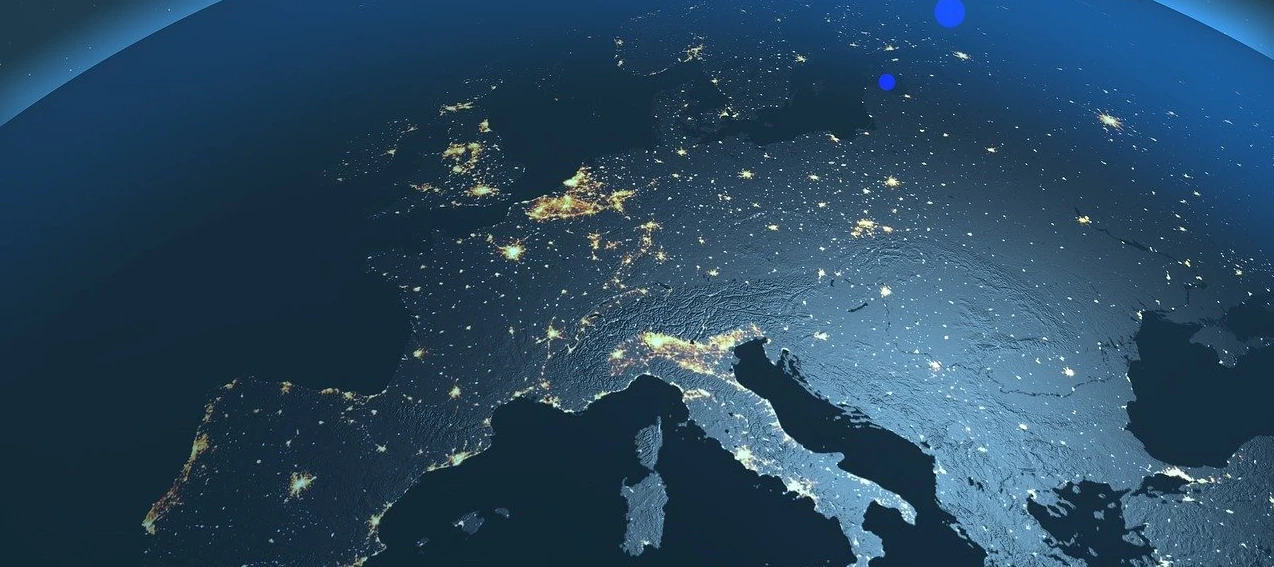
The international transport of waste in Europe has been gaining in importance recently. All thanks to large-scale efforts to reduce the amount of rubbish that ends up in landfills. New uses and methods of management are being found for it. Find out about the history of five countries where waste transport has played an important role. How our country how does it compare?
Regulations on the international carriage of waste
EU regulations
The European Union has over the years developed a comprehensive set of rules governing the international shipment of waste. The key document is Regulation (EC) No 1013/2006, which sets out the procedures for waste shipments between Member States and across EU borders. This regulation ensures that every shipment of waste is carried out transparently and with due care for the environment. The second relevant document is the Basel Convention of 1989, which lays down rules for the transboundary transport of hazardous waste.
Overview of legislation in selected countries
- Germany - The key law regulating the international transport of waste is the 'Kreislaufwirtschaftsgesetz' (Closed Circuit Act), which primarily promotes recycling and responsible waste management. This law also implements European directives into national practice.
- Poland - The international carriage of waste is regulated by the Waste Act 2012, which has been updated to comply with EU requirements. This Act details the rules and conditions for the carriage of waste, including international carriage.
- Italy - Italian law on the international transport of waste is based on 'Decreto Legislativo 152/2006', which includes a chapter on the transport of waste. This law covers all aspects of waste management, including export and import.
- Netherlands - The country applies the 'Wet Milieubeheer', an environmental management law that also regulates the international transport of waste. The Netherlands is known for its developed recycling procedures and high standards in waste management.
- Spain - The international transport of waste is regulated by 'Ley 22/2011, de residuos y suelos contaminados', which is responsible for implementing EU directives into national legislation. This law obliges compliance with strict procedures in the transport of waste.
How has waste transport affected waste management?
Germany
Germany is one of Europe's leading players in the export and import of waste. Export more than 16 million tonnes of waste and scrap in 2023. In addition, they also import a significant amount of waste, mainly from European countries, which enables them to use their advanced recycling technologies. The country plays a key role in the treatment of electronics and hazardous waste. These activities are supported by the country's stringent waste management regulations.
Poland
As one of the key players in the waste transport market in Central Europe, exported nearly 0.4 million tonnes of waste and imported around 0.2 million tonnes in 2023. Poland is particularly significant in terms of the transit of waste from other countries to treatment facilities on its territory. The development of recycling infrastructure, especially for the treatment of plastic and electronic waste, has contributed to an increase in the international transport of waste through Poland.
Italy
Italy is one of the European countries facing problems in waste management. In 2021, they imported more than 2.3 million tonnes of waste, mainly from other European Union countries. Imported waste is often used to feed local recycling plants, which process it into secondary raw materials. Industrial and construction waste make up a significant proportion of imported waste.
Netherlands
The Netherlands is a leader in recycling innovation and technology. In 2021, the Netherlands imported more than 4.5 million tonnes of waste, making it one of the largest importers of waste in Europe. Dutch recycling facilities process a wide range of waste, from industrial waste to electronics. Friendly legislation and advanced technology support the attractiveness of the Netherlands as a destination for international waste processing.
Spain
Spain imports and exports waste in significant quantities, adapting to the needs of local and international markets. In 2021, Spain exported around 1.2 million tonnes of waste and imported around 1.5 million tonnes. Most of the imported waste is material that is then processed within the domestic recycling industry. Particularly noteworthy here are plastic and construction waste.
Challenges and perspectives
Challenges of international waste shipment
International transport of wastealthough it is a key element global waste management, brings with it a number of challenges, both environmental and social. One of the main problems is the risk of illegal export of waste. This often involves attempts to evade strict national regulations on the appropriate treatment of waste. Such activities can lead to serious health and environmental risks. Particularly in developing countries, where regulations may be less stringent.
Other challenges include differences in regulation between countries, which hinder the efficient and sustainable management of waste flows. These conflicts can lead to 'waste tourism', where waste is exported to countries with lower treatment costs, but often with less concern for environmental impacts. In addition, the international transport of waste requires a large amount of energy and resources, which puts additional strain on the environment, increasing the carbon footprint associated with transport.
Overview of upcoming technologies and innovations
Despite the challenges, the future international carriage of waste looks promising, thanks to advances in technology and innovation. Many of these technological innovations have the potential to revolutionise the industry, making it more sustainable and efficient. Here are some examples:
- Advanced recycling technologies: Innovations in recycling, such as molecular-level waste separation technology or automated sorting systems supported by artificial intelligence, can significantly increase the efficiency of waste processing. These technologies allow for more precise recovery of secondary raw materials, minimising the amount of waste that needs to be managed.
- Blockchain and digital transparency: Blockchain technology can be used to track the flow of waste, from its creation, through transport, to recycling or disposal. This allows for greater transparency and compliance, which can help combat illegal waste trade.
- Energy use of waste: Technologies that convert waste to energy, such as gasification or pyrolysis, are becoming increasingly efficient. These methods have the potential to change the way we view waste - not as a problem, but as a valuable source of energy.
- Biodegradable materials: The development of biodegradable packaging materials and other products has the potential to reduce the amount of waste going into international circulation. Such materials, which can be recycled locally without harming the environment, potentially reduce the need for international waste transport.
- Integration into the circular economy: Integrating international waste shipments with circular economy models, where waste from one process becomes raw materials for another, can significantly reduce the environmental burden. The aspiration to close the material cycle on a global level is becoming more and more feasible.
***
Evolving technologies and innovations are crucial to the future of international waste transport, offering not only new solutions to existing problems, but also opening the door to a more sustainable and efficient future in waste management on a global scale.

